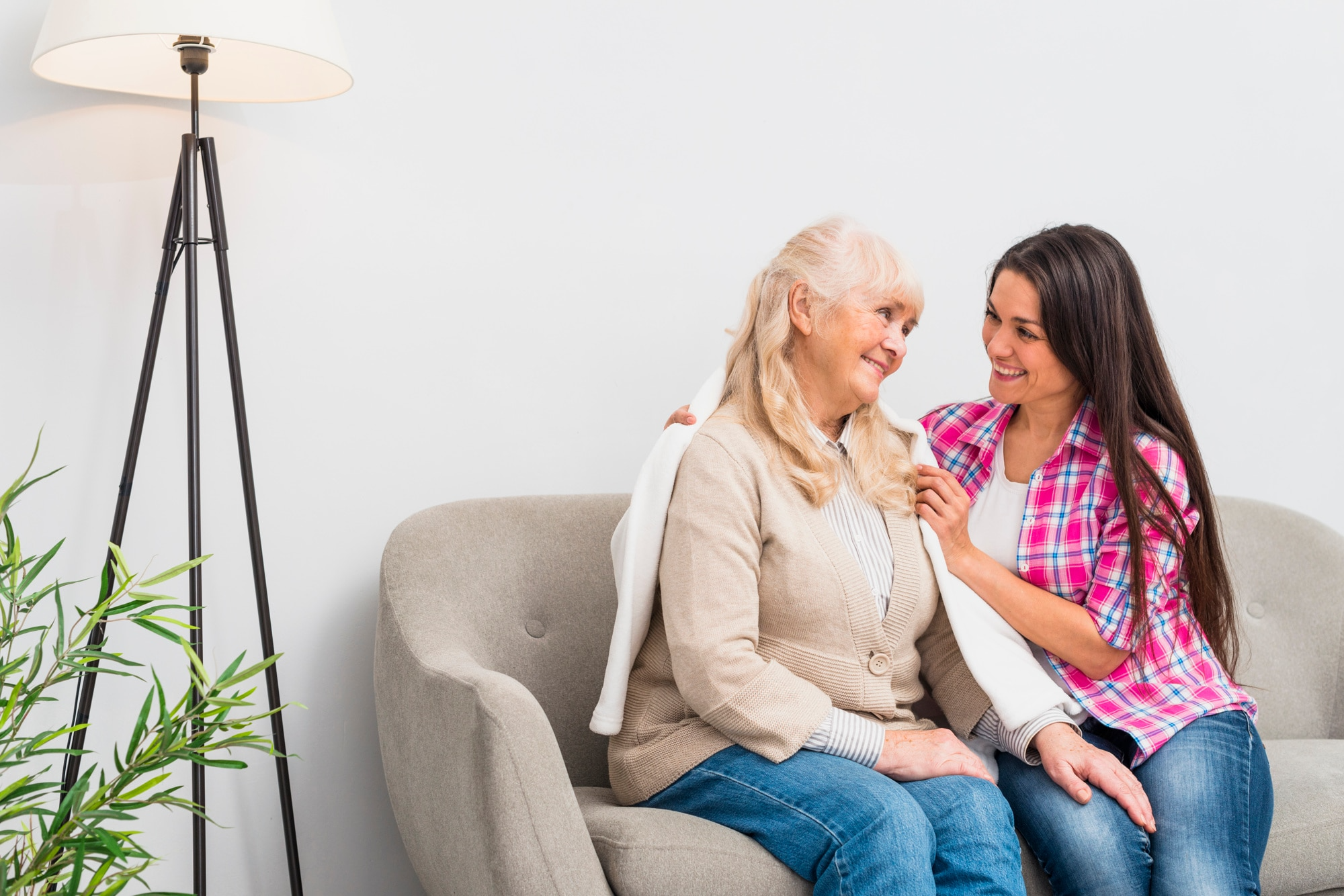Understanding the Need for Elderly Home Care
As the global population ages, the demand for elderly home care has seen a significant rise. More families are choosing to support their aging loved ones by providing care within the comfort of their own homes. This option allows seniors to maintain their independence while receiving the assistance they need for daily living. Home care caters to a wide range of needs, from basic housekeeping and meal preparation to more specialized medical care, depending on the individual’s condition and requirements.
Elderly home care not only provides physical assistance but also offers emotional and psychological support. Many seniors experience feelings of isolation or depression due to reduced social interaction and mobility. With a professional caregiver or a dedicated family member, older adults can engage in meaningful conversations, recreational activities, and community events, all while remaining in familiar surroundings. This emotional bond plays a crucial role in maintaining their overall well-being and quality of life.
Customized Care Plans for Individual Needs
One of the strongest benefits of Elderly home care lies in its flexibility and personalized nature. Unlike institutional settings such as nursing homes or assisted living facilities, home care is tailored to the specific preferences, habits, and medical needs of the senior. This means that schedules can be adapted, favorite foods can be prepared, and care routines can align with the individual’s lifestyle and personality.
Care plans often begin with a comprehensive assessment conducted by a healthcare professional. This includes evaluating the senior’s physical health, mental status, mobility, medication regimen, and any chronic conditions. Based on this assessment, a customized care plan is created, which might include part-time visits, full-day support, or even round-the-clock care. This personalized approach ensures that the senior receives the right type and level of assistance while maintaining dignity and autonomy.
The Role of Family and Professional Caregivers
Providing home care for an elderly loved one often involves collaboration between family members and professional caregivers. Family caregivers play a vital emotional and supportive role, offering a sense of continuity and love that no hired service can replace. However, many families eventually require the help of trained professionals to address the growing complexity of senior care needs.
Professional caregivers are trained to handle a wide variety of situations, including emergency response, medication administration, and support for conditions such as Alzheimer’s or Parkinson’s disease. Their presence can alleviate the stress on family members and ensure that the senior receives competent and consistent care. Many agencies offer respite care, which allows family caregivers to take needed breaks while trusting that their loved one is in safe hands. This partnership between families and professionals forms the foundation of a successful elderly home care experience.
Promoting Independence and Enhancing Quality of Life
Contrary to the misconception that elderly home care creates dependency, it often fosters greater independence for seniors. With assistance tailored to their needs, elderly individuals can perform daily tasks with confidence, whether it’s bathing, dressing, managing medications, or preparing meals. This balance between support and independence contributes to their sense of self-worth and identity.
Moreover, elderly home care enables seniors to maintain control over their environment and choices. They can choose their own routines, enjoy their hobbies, and remain connected to their communities. These elements are crucial for emotional well-being and can delay or prevent cognitive decline. Additionally, staying at home helps reduce exposure to infectious diseases, which is especially important for those with compromised immune systems. In essence, home care supports not just survival but a thriving and enriched life.
Embracing the Future of Senior Care at Home
Technology and innovation are transforming the landscape of elderly home care. From wearable health monitors and video check-ins to automated medication dispensers and emergency alert systems, there are now more tools than ever to ensure seniors remain safe and connected. These innovations allow caregivers and family members to monitor health conditions in real time and respond promptly to any issues that arise.
Furthermore, public awareness and policy support for aging in place are growing. Governments and communities are investing in programs that help seniors access affordable home care, transportation services, and community engagement activities. As society continues to recognize the value of aging with dignity at home, elderly home care will become even more integral to our healthcare system. The future points toward a model of care that is compassionate, respectful, and centered on the individual’s needs and preferences.
Stay in touch to get more updates & alerts on Baddieshub! Thank you




